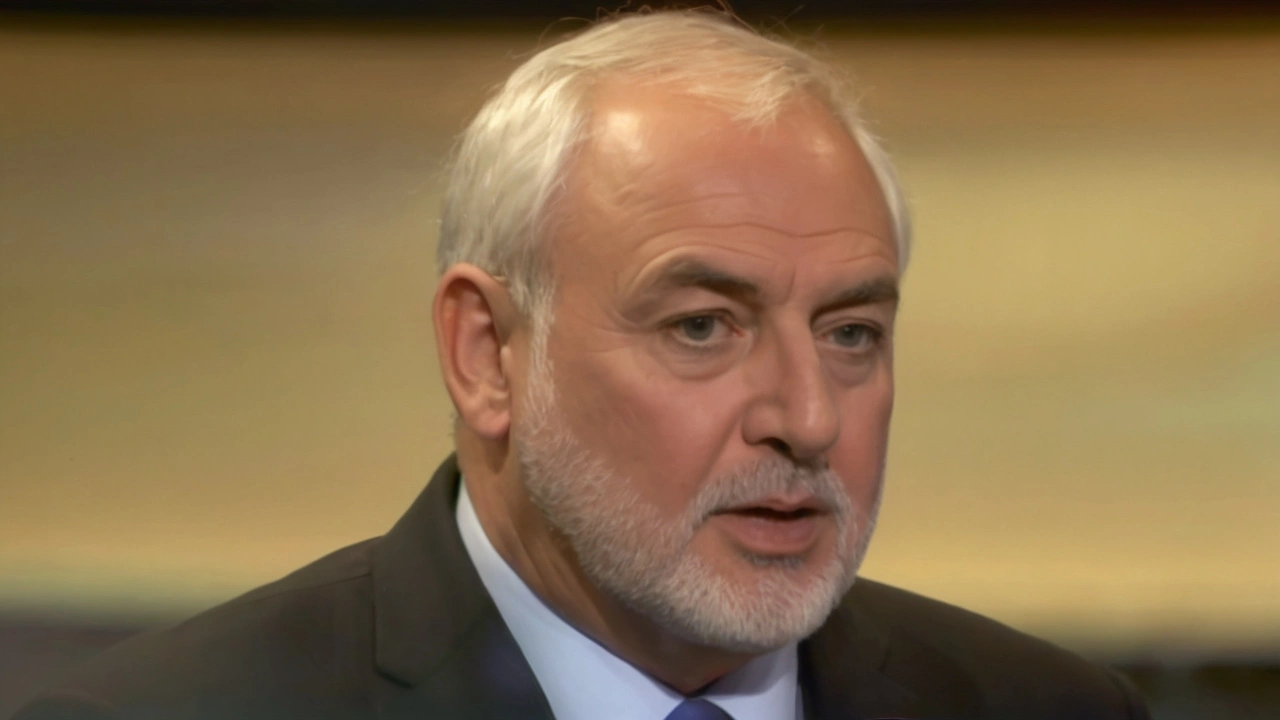Understanding Carbon Emissions and Their Impact on Cape Town
You’ve probably heard the term "carbon emissions" a lot lately, especially with growing talks about climate change. But what exactly are carbon emissions? Simply put, carbon emissions refer to the release of carbon dioxide (CO2) and other greenhouse gases into the air. These gases mainly come from burning fossil fuels like petrol for cars, coal for electricity, and gas for heating. When released in large amounts, they trap heat in the atmosphere, leading to global warming.
In Cape Town and across South Africa, carbon emissions contribute to rising temperatures and more extreme weather. This affects everything from our water supply to the health of local ecosystems. So, why should you care? Because these changes impact our daily lives – hotter days, droughts, and more pollution that can worsen respiratory problems.
Sources of Carbon Emissions Locally
Most carbon emissions in Cape Town come from vehicles, industries, and electricity generation. The city's growing population and economic activities mean more cars on the road and factories working harder, leading to increased emissions. Power plants relying on coal add a significant chunk, since coal releases high levels of CO2 when burned.
Another big factor? Waste management. When organic waste breaks down in landfills, it releases methane, a greenhouse gas even more potent than carbon dioxide. That’s why improving waste handling and recycling is key to reducing emissions.
What Cape Town Residents Can Do
Cutting down carbon emissions isn't just for governments or big companies–everyone has a role. Simple changes like walking, cycling, or using public transport can slash vehicle emissions. Home energy use matters too; switching to energy-efficient appliances and turning off unused devices help reduce your carbon footprint.
Supporting renewable energy projects or advocating for cleaner policies also makes a difference. Remember, small actions add up. If Cape Town’s community steps up, it can slow down climate change effects and keep our city livable for future generations.
Want to stay informed on how carbon emissions affect Cape Town? Keep an eye on local news updates, join community initiatives, and share what you learn. Understanding the problem is the first step to being part of the solution.
Global Leaders Pledge to Slash Greenhouse Gas Emissions at Climate Summit
Over 150 countries participated in the recent climate summit, resulting in major pledges to reduce greenhouse gas emissions. Leaders like US President Joe Biden and China's Premier Li Keqiang announced ambitious targets to cut emissions. The summit stressed the need for urgent and collective action against climate change, though some believe more stringent measures are needed to meet global targets.

